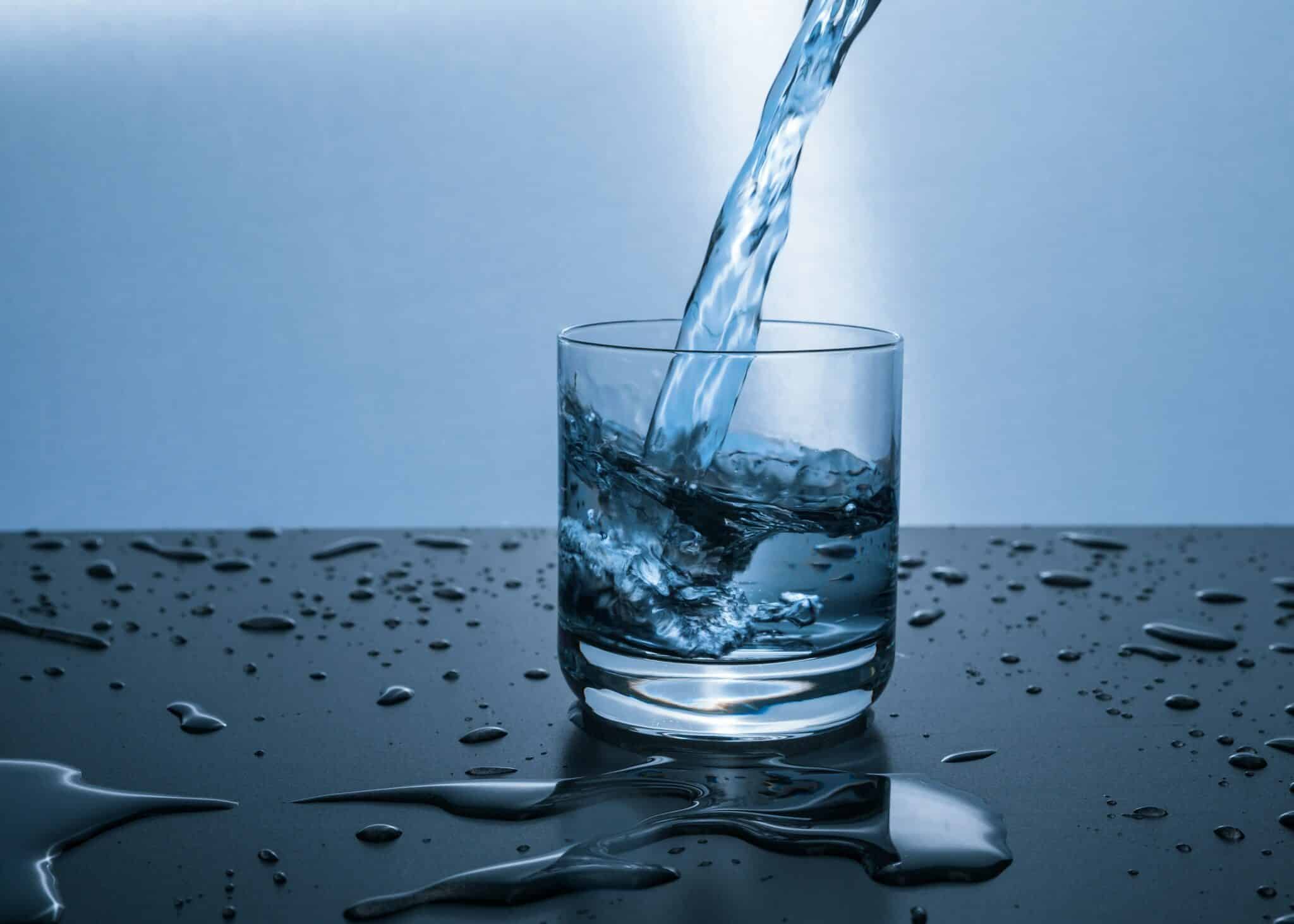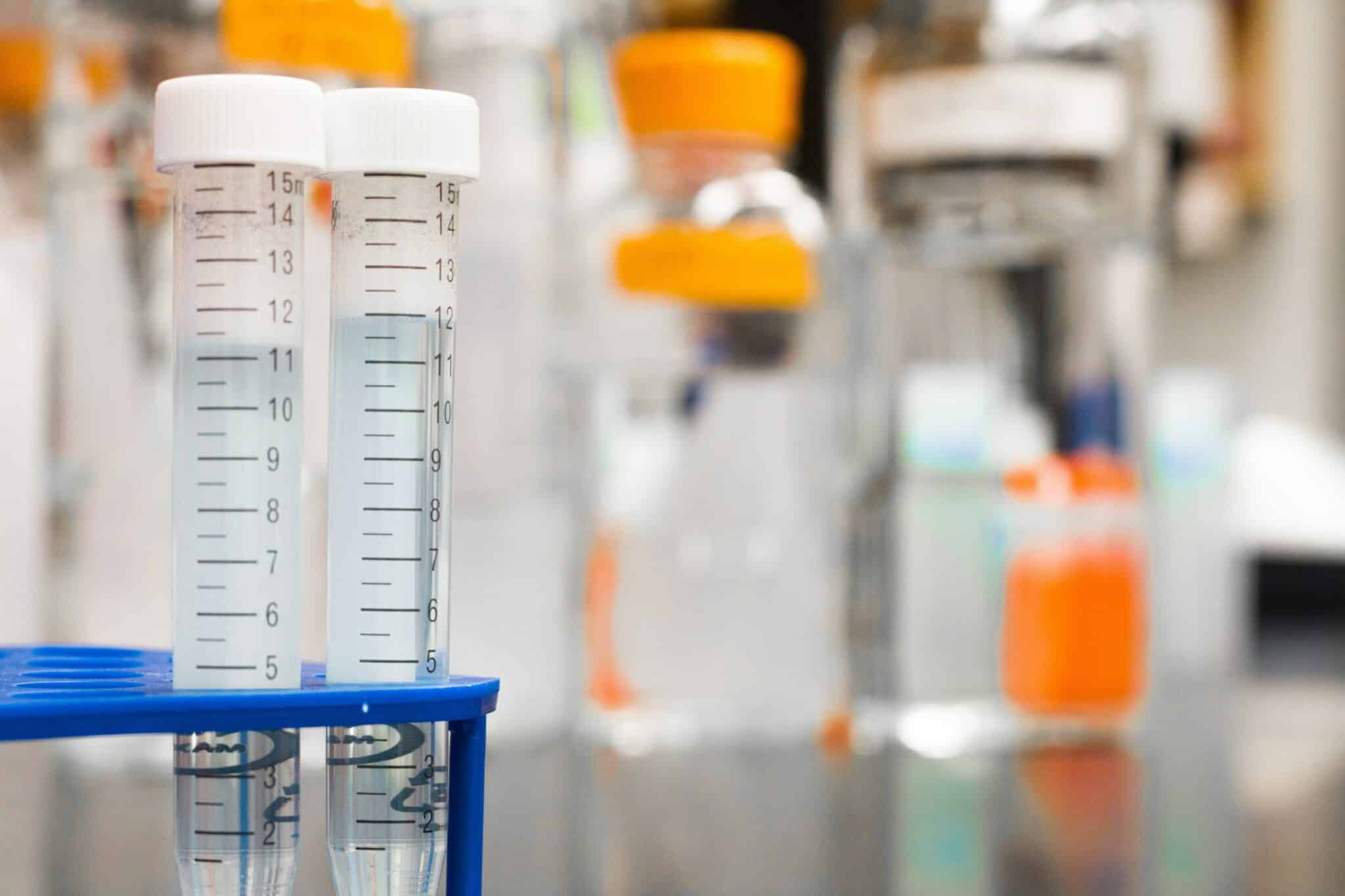Ingesting contaminated water may cause gastrointestinal illness and infection.
Ensure your drinking, agriculture and recreational water is free of bacteria like total coliforms and E. coli with ETL's Certified microbiology testing.
Microbiology Services
ETL is accredited by the Michigan Department of Environment, Great Lakes, and Energy(EGLE) to identify the following types of microorganisms.
Total Coliform and E. Coli (via Standard Methods, 22 nd Edition, Method 9223B, Colilert & Colisure)
A simple test to determine if bacteria exists in a sample of water.
Enumeration of Total Coliform and E. Coli (via Standard Methods, 22 nd Edition, Method 9223B, MW/QT, Colilert)
A more in depth test to determine the estimated number of bacteria coliforms within a sample, and by proxy and a larger body of water.
Heterotrophic Bacteria (via the SimPlate Method)
This test is only for enumeration/ quantifying the bacteria present. The type of bacteria is not identified.

Why test your water?
Water is an essential to all life on the planet, as is bacteria. While most bacteria is harmless or even helpful, there are a few that can cause major health concerns when they exist in drinking, agricultural, or recreational water supplies. While it's impossible to test for all disease causing organisms, there are a few bacteria that indicate the presence of a dangerous pathogen, and these we can be proactive and test for.
Environmental Testing Laboratories can help ensure your water is safe by providing two of the most common microbiology water testing methods.
- Total Coliform testing indicates the total estimated number of bacteria in a sample of water- while this sample does not distinguish good from bad bacteria, the total number of coliforms found can indicate contamination if past a certain threshold.
- E.coli testing can be performed in two different methods :a simple test to determine if E.coli is within the water sample, and another that will quantify the amount of E.coli within a sample.
Sampling Information
Microbiology testing requires a specific testing receptacle. Please contact us for a sample collection bottle.
DRINKING WATER SAMPLING PROCEDURES (Download)
Total Coliform and E. Coli Analysis
1. Wash hands thoroughly, do not open sample bottle until you are ready to proceed. Sample results are dependent on proper sampling technique.
2. Sample must be taken from a tap that is representative of the water distribution system, preferably from the sample tap located at or near the water pressure tank. If the pressure tank is not accessible, the sample shall be collected from another water tap that is representative of the drinking water system.
3. Water tap must be free of aerators, strainers, hose attachments, mixing type faucets, and purification devices.
4. The COLD water tap shall be used and the service line cleared before sampling by running the water for at least two minutes, or until the temperature changes. Adjust the flow so the water runs without splashing.
5. Do not touch the inside of the sample bottle or cap.
6. Do not rinse sample container (white powder is a preservative).
7. Sterile sample containers must be filled to at least the 100 ml line so sample volume is sufficient to perform all required tests. Leave at least a one-inch air space to facilitate mixing of the sample by shaking.
8. While the water is running, unscrew the cap and hold it downward. Do not put the cap down. Do not turn the cap upward. Fill the bottle without splashing. Screw the cap back on before turning off the water.
The sample collector is responsible for properly packaging and returning the samples to the laboratory for analysis. Chill and protect from sunlight. All samples collected must be received by the laboratory within twenty-four hours. Upon delivery, the sample collector will relinquish custody of the samples to laboratory personnel.
- Download Chain of Custody Here.
- The following information must be entered on a Chain of Custody form in indelible ink:
- Name of system/owner
- WSSN/Clint ID, if applicable
- Sample number
- Sample site location (sample tap, kitchen sink, etc.)
- Sample type (routine, resample, complaint, etc.)
- Date of collection
- Time of collection
- Disinfectant residual
- Name of sampler/organization
- Transport/relinquished by information
If you any of this information is missing, the test will not be started.
All samples must be received within 24 hours of sampling.
Samples will be rejected if they meet any of the following criteria:
- Samples that are frozen or there is evidence of freezing
- Samples that are not sealed or if tampering is evident
- Volumes less than 100mL
- Samples in containers that were not provided by ETL.
- Samples containing obvious detergents, or has a smell like chlorine
- Samples that are warmer than body temperature upon receipt
- Presence of other interfering contaminants, hydrocarbons, heavy metals, cleaners, etc.
Total Coliform Rule – for public water systems
- Time from sample collection to initiation of analysis may not exceed 30 hours, it is
recommended to transit the samples below 10 degrees C
HPC Samples
- Time from sample collection to initiation of analysis may not exceed 8 hours, it is recommended
to transit the samples below 10 degrees C
Surface Water Treatment Rule
- Samples that are above 10 degrees C, unless time since sample collection is less than 2 hours.
- Samples that exceed time 8 hours from collection to start of analysis
Ground Water Rule – For E. coli and Enterococci
- Ground Water Rule – For E. coli and Enterococci

You Got Samples, Now What?
Sample Mailing and Delivery
Samples may be mailed or hand-delivered. A Chain of Custody (CoC) may be filled out in the lab upon your arrival or downloaded here. If a sample is mailed, a CoC must be attached with the proper information and signatures. Please contact us for containers to take microbiology samples.
Mail/Drop Off Location
You may mail or deliver your package to :
37575 W Huron River,
Romulus, Michigan 48174
Did you know that ETL has Dropboxes throughout Metro Detroit?
Payment Information
Payment may be cash, check, or credit. Please make checks out to Environmental Testing & Consulting, Inc. Credit card payment may be taken over the phone. Please make a note on your CoC if you intend on using a credit card upon receiving your report.

